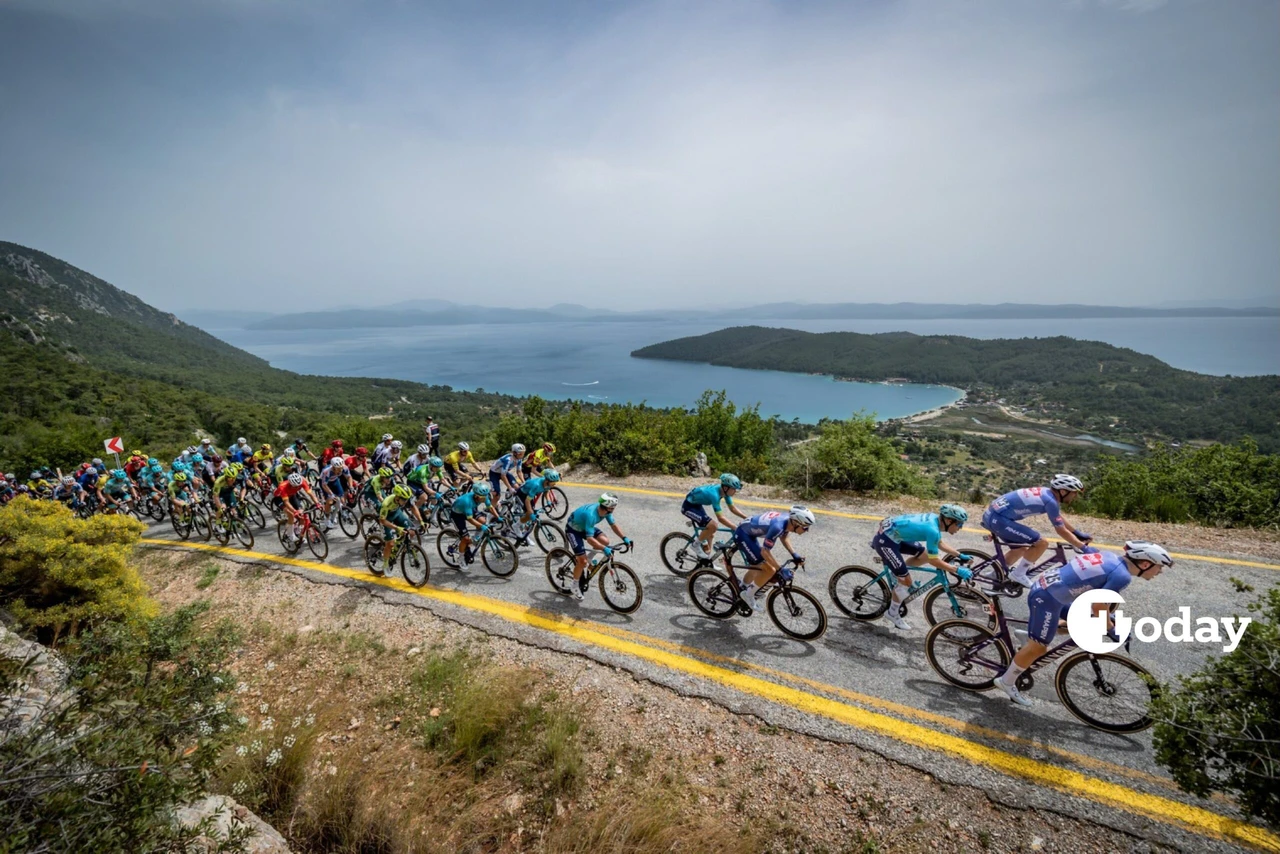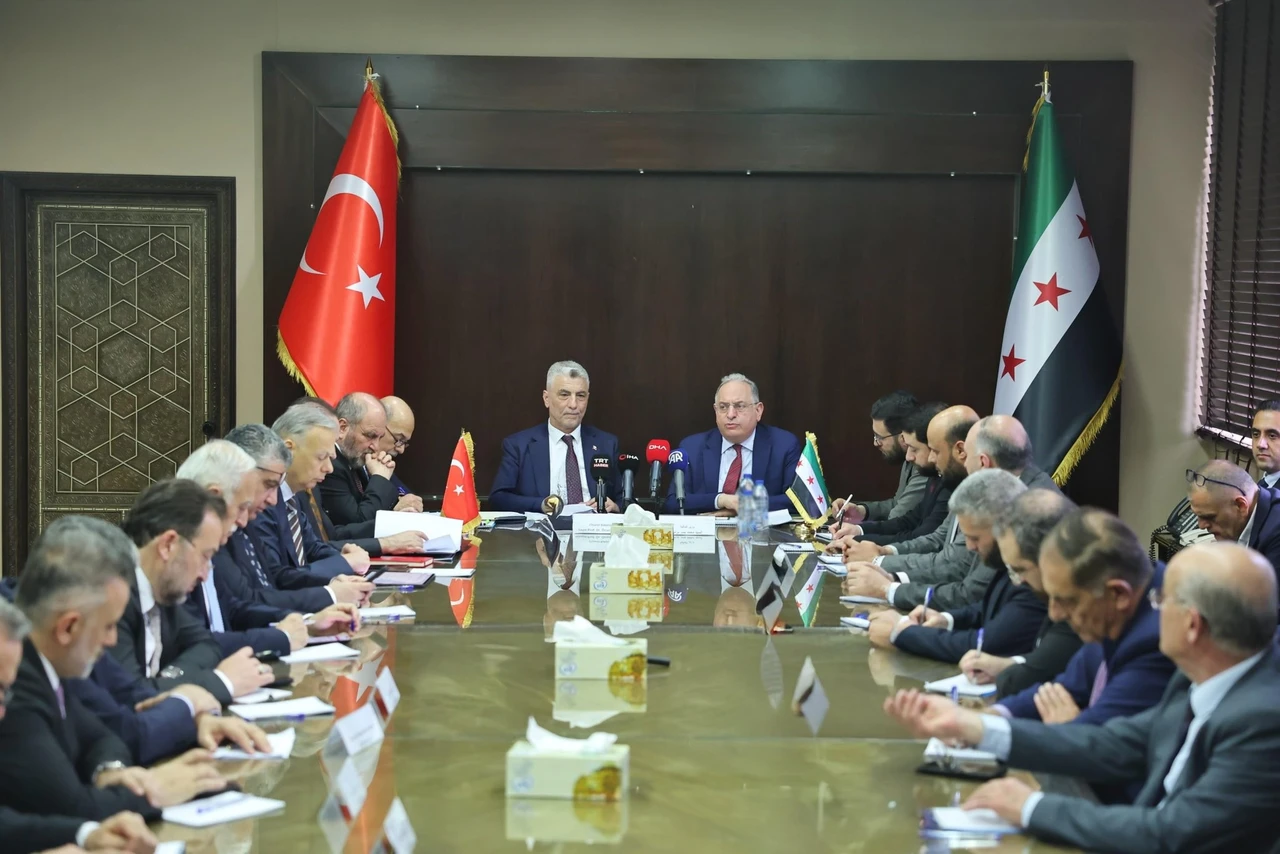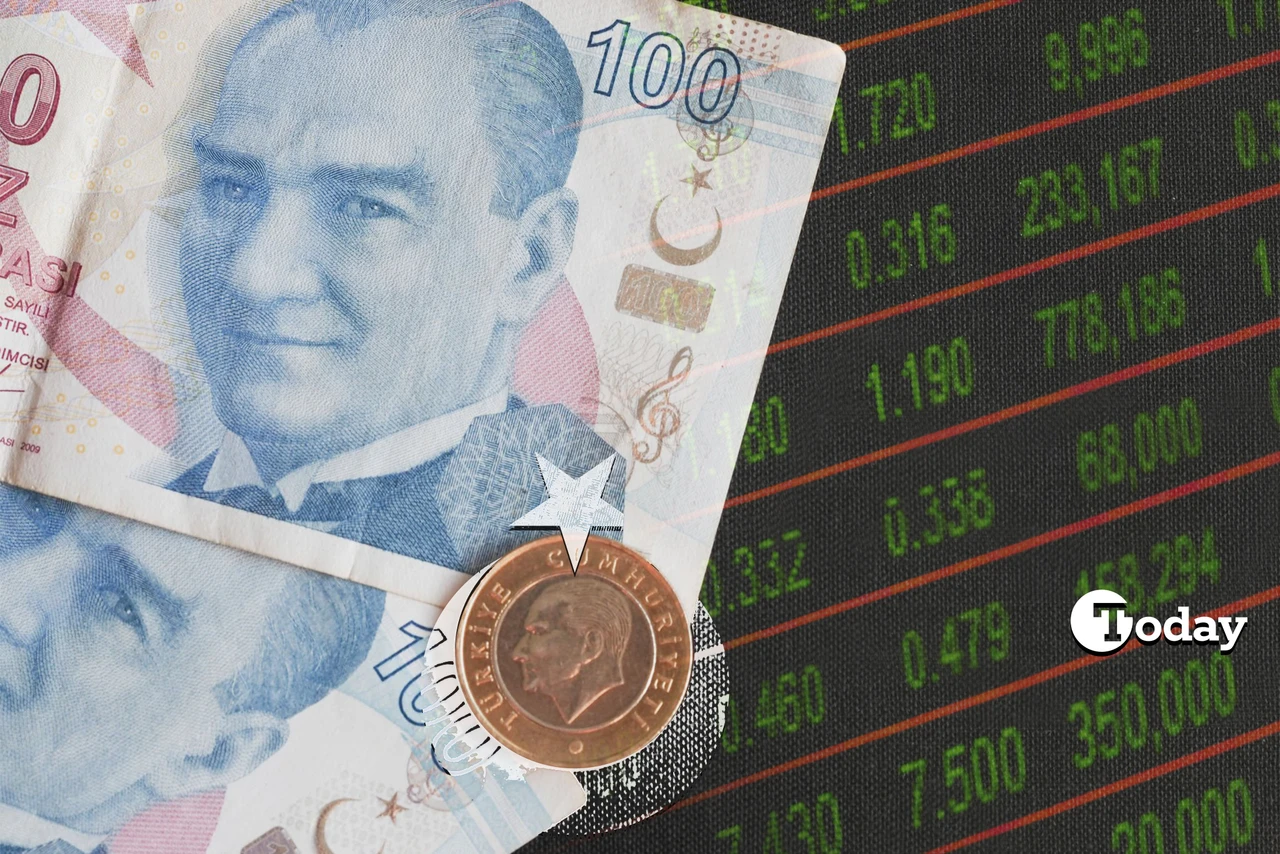YPG systematically recruits ‘child soldiers’ in Türkiye, Iraq and Syria
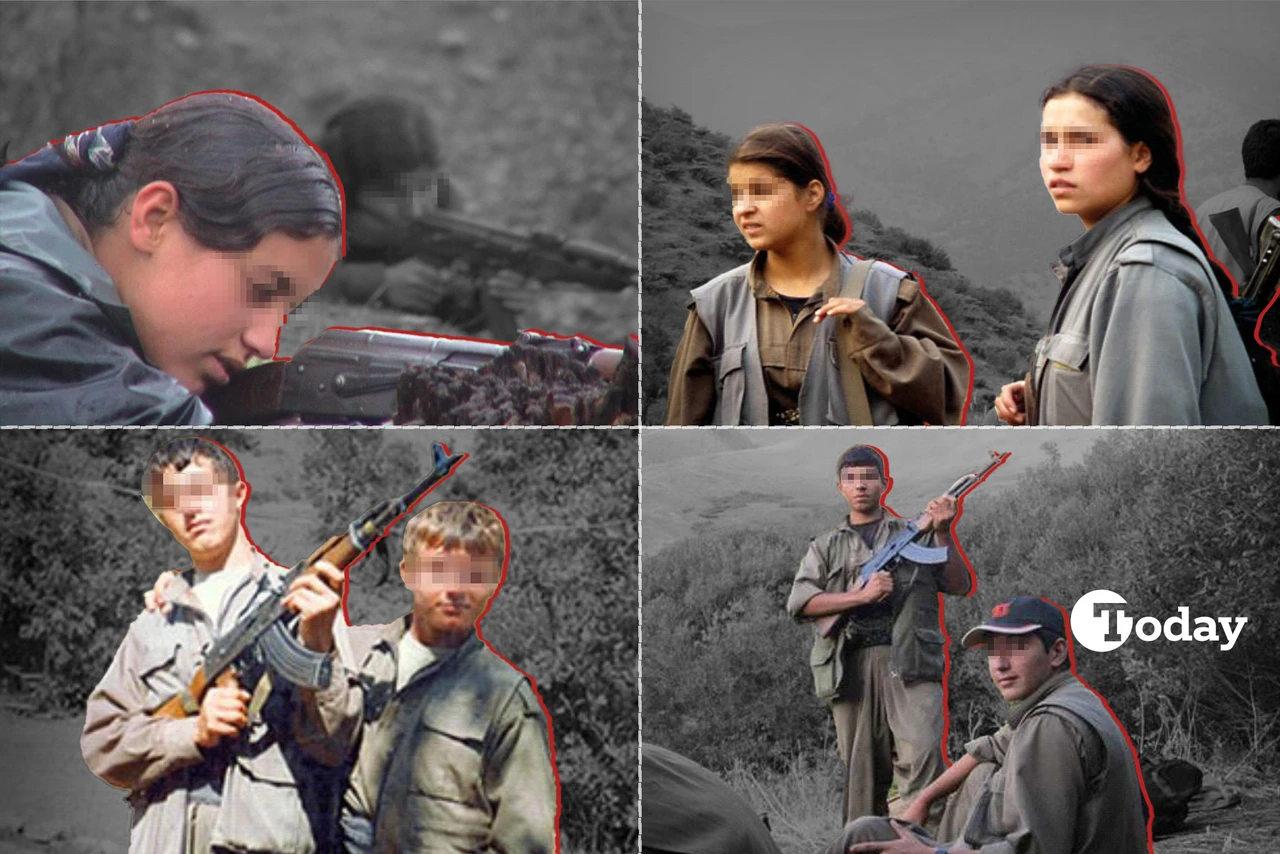 Children who are involved in the activities of the terrorist organisation PKK/YPG. (Collage by Mehmet Akbas / Türkiye Today)
Children who are involved in the activities of the terrorist organisation PKK/YPG. (Collage by Mehmet Akbas / Türkiye Today)
Feb. 12 is marked as the Red Hand Day, also known as the International Day Against the Use of Child Soldiers. Since 2002, this day has been set aside to raise awareness about the recruitment of child soldiers—children under the age of 18 who participate in military organisations of all kinds. On this day, pleas are made to political leaders and events are staged around the world to draw attention to this important issue.
PKK, a designated terrorist organization, has been systematically recruiting child soldiers, with reports indicating that minors as young as 8 years old have been trained for combat. “Child soldier” is a term for children who are illegally being used for armed conflicts by terrorist groups or other armed militant organizations.
A report by the Counterterrorism Department in Türkiye has detailed allegations that the PKK/KCK, designated as a terrorist organization by the U.S., the EU, and Türkiye, has been systematically recruiting and exploiting children for terrorist activities since its inception.
The report claims that the organization has used minors in violent acts, particularly during the 1990s, when its armed operations escalated. The practice, according to the report, remains ongoing, particularly in the eastern and southeastern regions of Türkiye.
Parents are hesitant to leave their children alone at schools. They wait for the school day to end in the corridors and gardens as they fear the PKK/YPG terrorist group may lure them and take them to the mountains or abduct them. This is not a recent phenomenon; I witnessed this myself during the 2016-2017 school year.
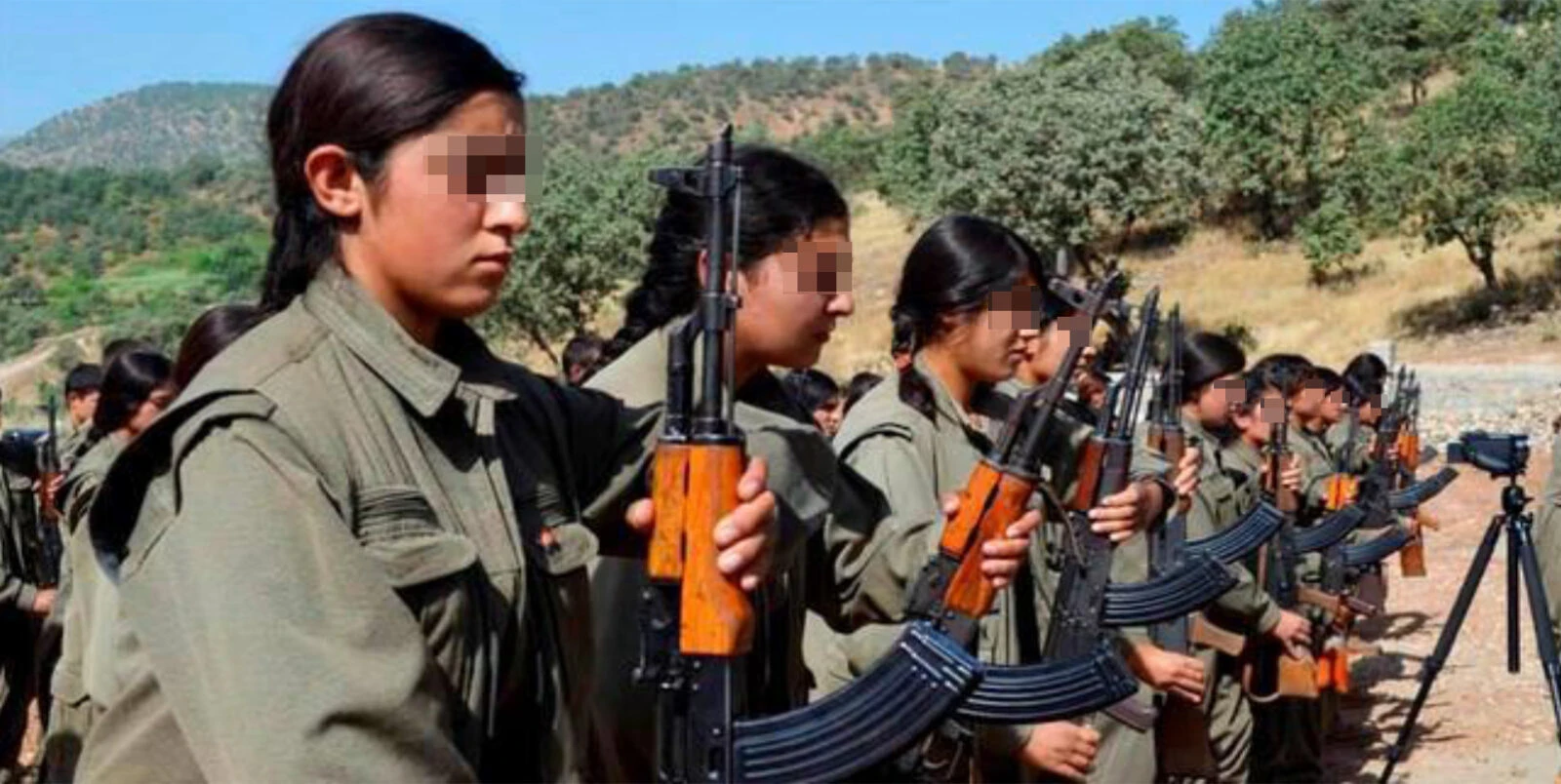
PKK/KCK’s use of child soldiers
According to the report, PKK/KCK does not enforce an age limit for recruitment. Camps in northern Iraq are allegedly providing military training to children, with a specific unit called “Tabura Zaroken” in the Gara region being overseen by senior terrorist ringleader Duran Kalkan.
Another PKK/KCK senior figure, Murat Karayilan, is reportedly involved in the education and indoctrination of child recruits.
The document asserts that children are used extensively in protests and violent demonstrations, where they are placed at the forefront of clashes with security forces. It also claims that when these children become wanted by authorities, they are transferred to PKK/KCK’s rural terrorist wing.
A Turkish Parliament MP stated that 40% of the PKK’s armed force consists of children under 18, with 10% of them being under 15. Families, nongovernmental organizations (NGOs) and international organizations have raised alarms over these atrocities, describing the practice as a blatant violation of fundamental human rights.
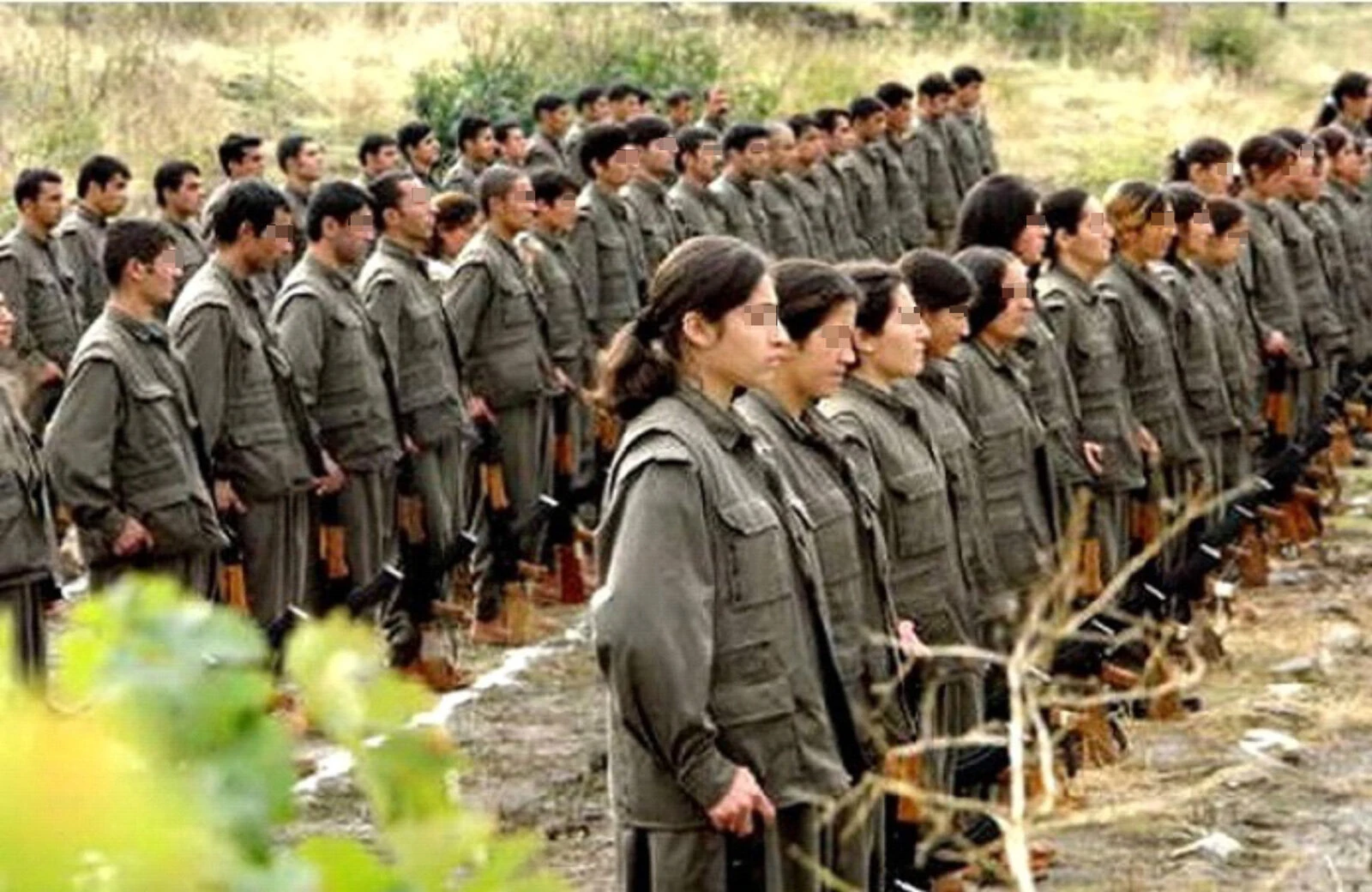
Child recruitment and abduction
According to official figures, 2,953 families in Türkiye have reported their children missing in the last two years, claiming that they were taken by the PKK.
The actual number may be higher, as some families fear retaliation and avoid filing reports. Parents, particularly those from poor and vulnerable communities, say their children were abducted or lured into PKK ranks with false promises.
An NGO worker in Diyarbakir described the tragic fate of many of these children. “Most of the children taken to PKK camps in Qandil, Iraq, either commit suicide, die from diseases, are killed in escape attempts, or perish in airstrikes. Their deaths are often concealed from their families,” he said.
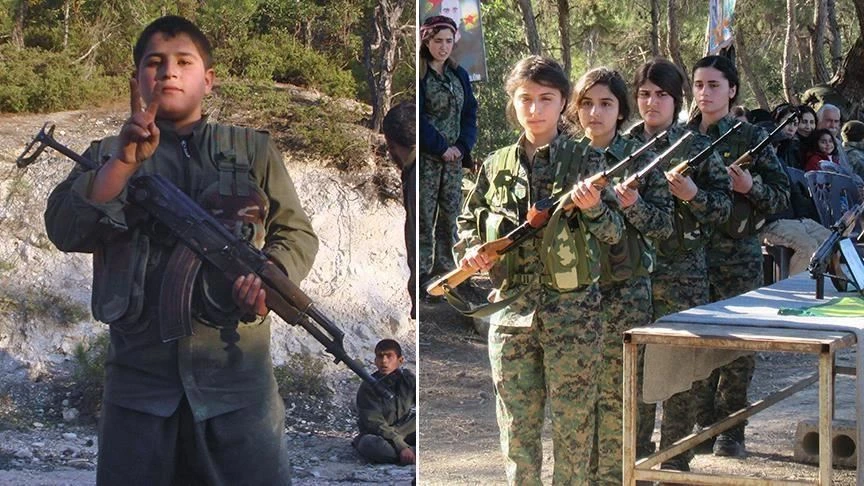
International human rights violations by PKK
International organizations, including the United Nations (U.N.), UNICEF, and Human Rights Watch (HRW), have documented the PKK’s recruitment of child soldiers. The U.N. Convention on the Rights of the Child classifies the use of children in armed conflict as a crime against humanity.
A report presented at the Amman Conference by the Coalition to Stop the Use of Child Soldiers highlighted that the PKK has systematically trained children for military purposes, with around 3,000 recruits aged between 8 and 12.
A June 2014 UNICEF report expressed “deep concern” over the presence of children in PKK ranks, emphasizing that “the military use of children by states and non-state actors is a crime.” Similarly, the U.S. Department of State’s 2013 Annual Country Report on Human Rights Practices listed the PKK’s use of child soldiers under the “Child Soldiers” section.
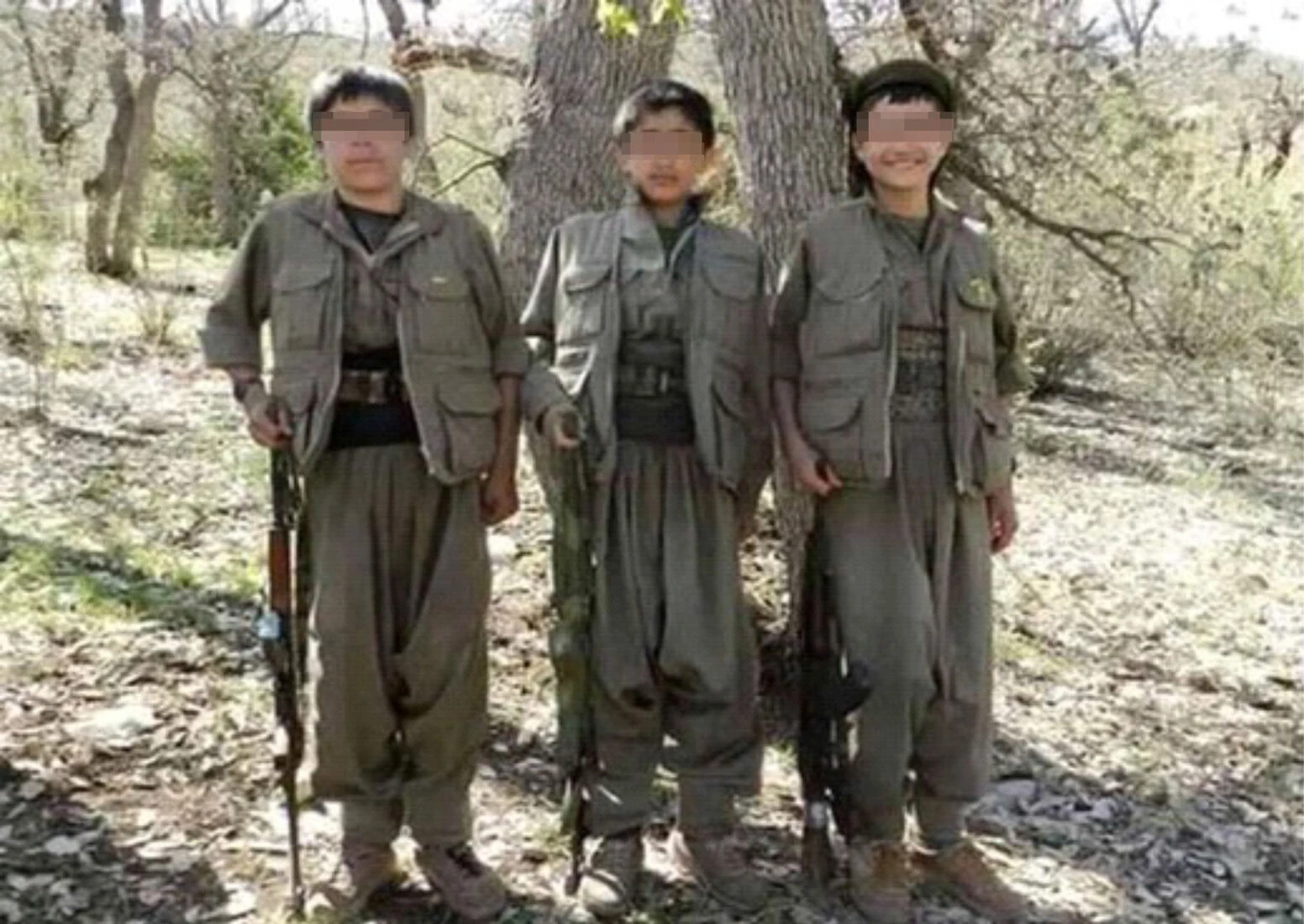
PKK’s Syrian off-shoot PYD/YPG also exploits children
The PYD, which operates in northern Syria and has strong ties to the PKK, has also been guilty of recruiting child soldiers. PYD/YPG has followed a similar strategy since 2012.
The terrorist group systematically recruits children using methods such as abduction, coercion, financial incentives, and targeting orphans. Recruited children are placed in ideological and military training camps before being sent to conflict zones.
Images and videos of child casualties from these conflicts are used for propaganda purposes. PKK/KCK terrorists training child soldiers in Syria wear PYD/YPG uniforms to obscure the connection between the groups.
A 2014 HRW report titled “Under Kurdish Rule” documented cases of minors being used at checkpoints and in conflict zones. In 2015, HRW reported that by January 2014, 59 children had been recruited by YPG, 10 of whom were under 15.
Human Rights Watch also found that, despite promises in 2013 from the Asayish and YPG to stop their use of children under age 18 for military purposes, the problem persists in both forces. In February 2014, Human Rights Watch saw two armed Asayish members in Jazira who said they were under 18, and two others who looked under 18 but were told by their commanders not to give their ages.
Human Rights Watch also interviewed a 16-year-old boy who said he had joined the YPG the previous year. Two other people said that children in their families had recently joined the YPG.
Human Rights Watch
A 2014 United Nations report “Report of the Secretary-General on children and armed conflict in the Syrian Arab Republic” documented that the group recruited children as young as 12 in Afrin and Hassakeh. The U.N.’s “Children and Armed Conflict in Syria” report also cited cases of children between 14 and 17 being recruited as “fighters”.
A 2015 U.N. report on children and armed conflicts under the name of “Syria: Kurdish Forces Violating Child Soldier Ban” confirmed that the YPG and its so-called women’s unit, the YPJ, were recruiting and using minors in combat.
“My daughter went to school and was taken from there by a group of YPJ,” a father of a 14-year-old girl near Qamishli said.
“We knew nothing about her until a YPJ commander called and informed us that she had joined YPJ.”
Human Rights Watch report
In a July 2015 written statement, HRW underscored the YPG’s failure to fulfill commitments made to Geneva Call, an NGO advocating against the recruitment of child soldiers. The statement warned that “children under 18 were documented to have taken part in both YPG and YPJ operations, violating international law.”
PYD/YPG’s use of child soldiers is driven by a shortage of adult fighters. Many men aged 18 to 40 have fled PYD/YPG-controlled areas to escape forced conscription, prompting the group to recruit children to fill its ranks. Families in the region are making intense efforts to prevent their children from being kidnapped by the terrorist organisation.
Today, as Syria is entering a new era after years, a large part of Syria is still occupied by this terrorist organisation, which is occupying Syria’s human, underground and aboveground resources.
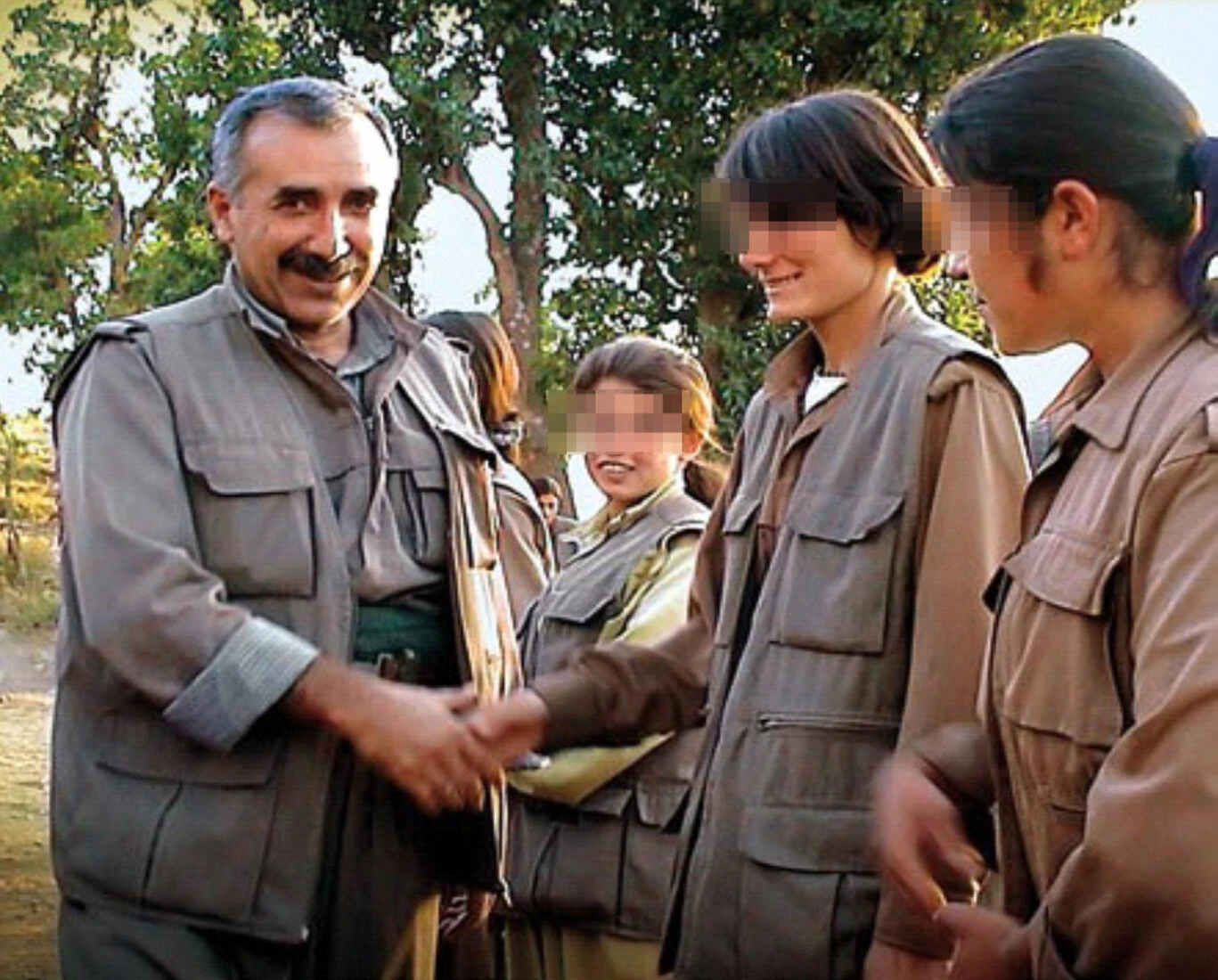
Families fighting for their children’s return
Many families have been vocal in their attempts to retrieve their abducted children. Some have relocated to western Türkiye or even emigrated to Europe to escape PKK recruitment efforts. Others have staged protests in Diyarbakir, demanding the return of their children.
A mother from Batman, identified as G.C., said she sent her 13-year-old son to school one morning, never to see him again. “I have cancer. I just want to see my son before I die,” she pleaded.
Another mother, N.C., from Diyarbakir, mourned her 17-year-old son, who was a high school student before being taken by the PKK. “They took him away to be part of their terrorist operations. They don’t care whether he lives or dies,” she said.
Two mothers from Diyarbakir, K.R. and S.S., said their 15-year-old children were kidnapped while at a picnic. “We will continue our struggle to bring them back,” they vowed.
A father from Beirut, originally from Mardin, said his 13-year-old son was abducted while visiting Diyarbakir for summer vacation. “I know he is in a PKK camp in Iraq. I have spent $10,000 trying to rescue him, but to no avail,” he said.
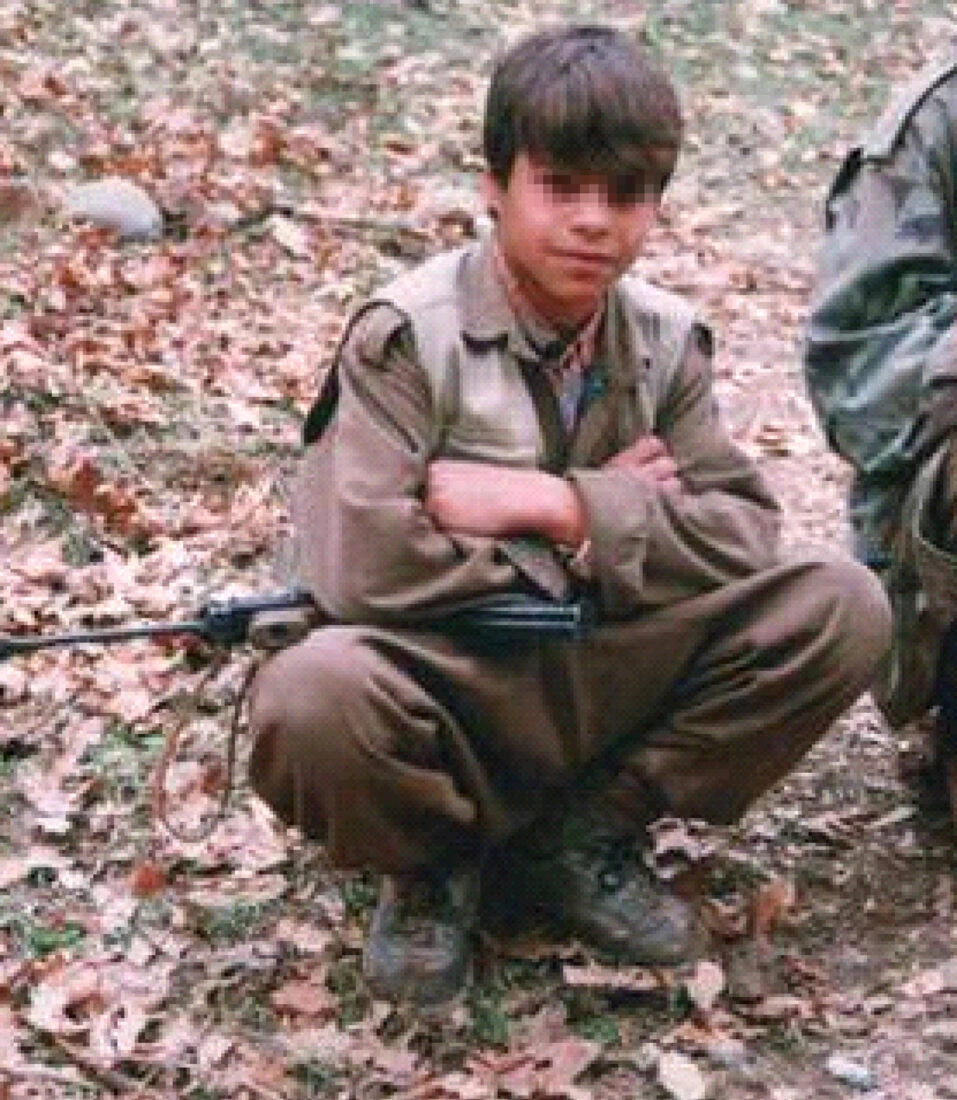
First-hand testimonies of child soldiers
Some children, identified by their initials, who managed to escape from PKK camps have shared their experiences.
- B. (15): “I was 13 when I was kidnapped. We received six months of training. There were 60-70 kidnapped children like me.”
- B. (14): “I was tricked into believing I could help my family and my people. If we tried to return home, we were punished and isolated.”
- M. (15): “I lived in a cave with 25 other children. My friend Rabia tried to escape but was executed after she was found hiding.”
- P. (14): “I was raped by my commander. Children who refused to obey were killed.”
- Z. (14): “Children were trained in combat and subjected to abuse. Pregnant girls were considered a problem.”
According to a report published by the Turkish authorities includes accounts from former “child militants” who have surrendered to Turkish security forces.
One individual, who turned himself in on Dec. 7, 2018, stated, “There are children under 18 within PKK/KCK-PYD/YPG. I joined when I was 17. I personally saw 12- to 13-year-olds in the organization. These children were trained in separate camps. I heard there was a camp for children in Gara, but I do not know its exact location. In Syria’s Shaddadi region, I knew of a group of 40 children under 18 receiving training. The group usually takes children at a young age to prepare them for suicide attacks.”
Another individual who surrendered on Feb. 23, 2020, recounted being lured into the organization under false promises: “After dropping out of school and starting work, I occasionally visited an Peoples’ Democratic Party (HDP)—a Kurdish-oriented political party now operates under People’s Equality and Democracy Party (DEM Party)—building. A militant there told me, ‘If you join the organization, you will become wealthy and live comfortably.’ Later, two militants came and took me to the rural area, where I was formally recruited.”
A former member who surrendered on Aug. 13, 2018, stated that during his time as a unit commander in Zap, “There were 12- to 16-year-olds among the militants. I was responsible for providing them with ideological and armed training.”
A militant who surrendered on March 11, 2020, described his assignment: “A militant with the code name Jiyan Garzan told me that I would be working in the children’s section in Ain al-Arab, Syria. This facility consisted of two buildings. Children who had lost their parents or had no family were indoctrinated with the group’s ideology and later placed with families that supported the organization.”
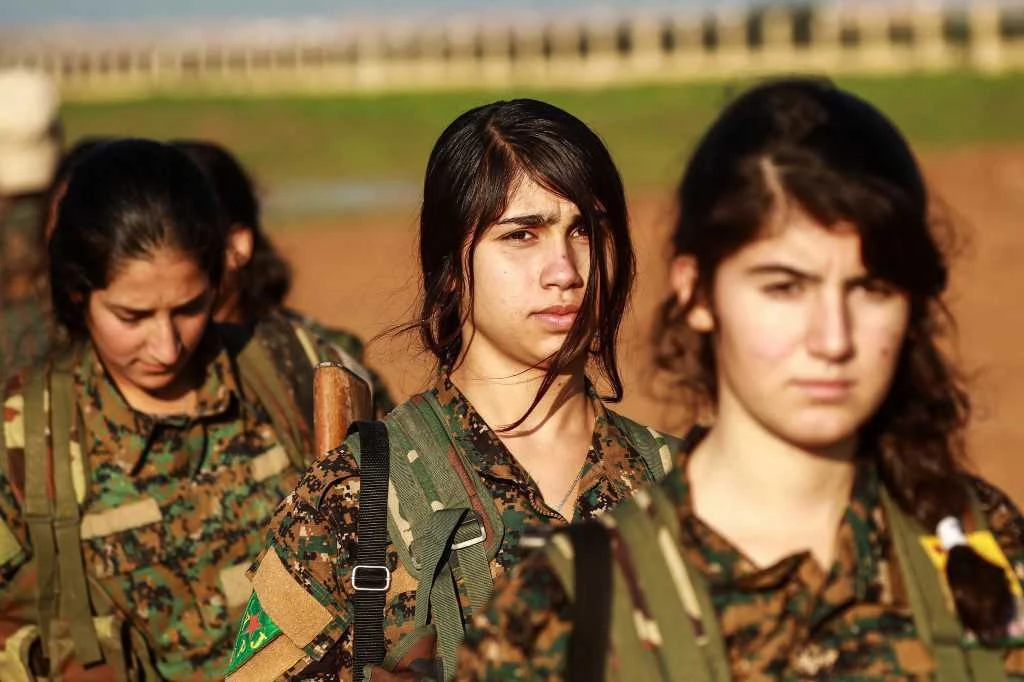
Legal framework and international response
The use of child soldiers violates multiple international treaties, including:
- The Geneva Conventions’ Additional Protocols, which prohibit recruiting children under 15 for military purposes.
- The U.N. Convention on the Rights of the Child (1989), which mandates state parties to refrain from recruiting minors.
- The Optional Protocol to the Convention on the Rights of the Child on the Involvement of Children in Armed Conflict (2000), which urges a ban on child recruitment under 18.
Optional Protocol to the Convention on the Rights of the Child
on the involvement of children in armed conflict
Entry into force: 12 February 2002
Reports from the U.S. State Department, the International Labor Bureau, and various human rights organizations have condemned the PKK for continuing child recruitment despite cease-fire periods.
HRW’s 2016 report documented 29 cases of child recruitment in northern Iraq, where children under 15 were used in armed conflict or deployed at checkpoints.
An Iraq-based NGO worker who contributed to this report compared PKK’s actions to those of Daesh against Yazidi and Christian children. “The horror is the same. The only solution is for countries to take decisive action against these terrorist groups,” he said.

Global reactions and calls for action
The terrorist organization’s crimes against children remain underreported in Western media, which has at times glorified PKK-linked women’s units. Western media actors, one of the pillars of the hybrid war that seeks to legitimise the PKK/YPG in their anti-Türkiye campaigns, ignore the young people whose lives are being destroyed by terrorist organisations.
A 2014 article in Marie Claire shows exactly what I am trying to say here that features images of young female terrorist members while ignoring documented cases of child soldiers in the terrorist organization.
It’s also not “unusual” to see social media posts published by U.S. Central Command (CENTCOM), under the Operation Inherent Resolve (CJTFOIR) which shows YPG/PYD terrorists and the “child militants”.
Unfortunately, the fact that all these activities are carried out by state agencies or by organisations that defend “Western values” at every opportunity shows us a great hypocrisy.
